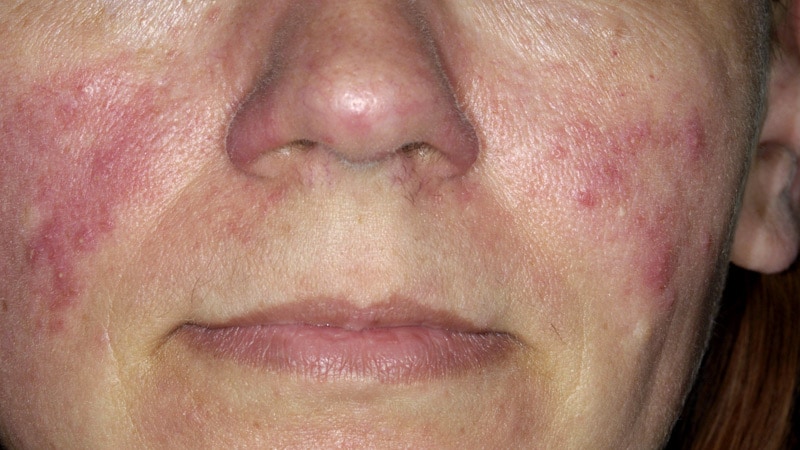
TOPLINE:
The DermSat-7 questionnaire shows promise as a way to measure patient satisfaction with acne treatment, especially in areas of effectiveness and overall satisfaction.
METHODOLOGY:
-
Treatment satisfaction is a key factor in the therapeutic success of an acne care regimen, but data on measures of satisfaction are limited, and there is a need for a patient-reported outcome measure to assess patient satisfaction with acne treatment.
-
The cross-sectional study included 142 adults aged ≥ 18 years (mean age, 25.1 years) who were using medication for acne. They completed the questionnaire between July 2022 and May 2023. The researchers assessed the structural validity, construct validity, and internal consistency of the DermSat-7, a 7-item dermatology-specific acne questionnaire, using confirmatory factor analysis and Cronbach alpha values.
-
The DermSat-7 includes seven questions assessing the effectiveness of treatment (three questions), convenience of treatment (three questions), and overall satisfaction (one question). Patients rated each item on a 5-point scale, from not satisfied (1) to completely satisfied (5), on the basis of previous 7 days.
-
The most common treatments were topical antibiotics, topical retinoids, oral isotretinoin, and benzoyl peroxide; 52.8% of patients were using two or more medications.
TAKEAWAY:
-
The DermSat7 showed internal consistency on measures of effectiveness and convenience, with Cronbach alpha values of 0.89 and 0.80, respectively.
-
Increased overall satisfaction scores on the DermSat-7 were associated with increased levels of positive change in disease severity on the basis of anchor question, with a linear regression coefficient of 7.51 (P < .001).
-
Correlations between DermSat-7 scores and an anchor question (“How has your acne changed since your last visit?”), patient global assessment score, and Comprehensive Acne Severity Scale score supported construct validity in the effectiveness domain, with linear regression coefficients of 0.567, −0.538, and −0.485, respectively, and the overall satisfaction domain, with linear regression coefficients of 0.467, −0.486, and −0.489, respectively.
IN PRACTICE:
“The effectiveness and overall satisfaction domains may have a role as a core outcome for evaluating acne treatment satisfaction in clinical trials and could be valuable in assessing acne treatment response in clinical practice,” the researchers wrote.
SOURCE :
The lead author of the study was Ali Shields, BS, and senior author was John S Barbieri, MD, both of the Department of Dermatology, Brigham and Women’s Hospital, Boston, Massachusetts. The study was published online in JAMA Dermatology on November 22, 2023.
LIMITATIONS:
Study participants were recruited from a single outpatient clinic and treated by a single clinician; larger studies are needed to confirm generalizability to other populations.
DISCLOSURES:
The study was supported by the National Institute of Arthritis and Musculoskeletal and Skin Diseases and by a Canadian Institutes of Health Research Fellowship award. Several coauthors disclosed relationships with multiple companies outside the current study; Barbieri disclosed consulting fees from Dexcel Pharma outside the current study. Shields had no financial conflicts to disclose.
Source: Read Full Article